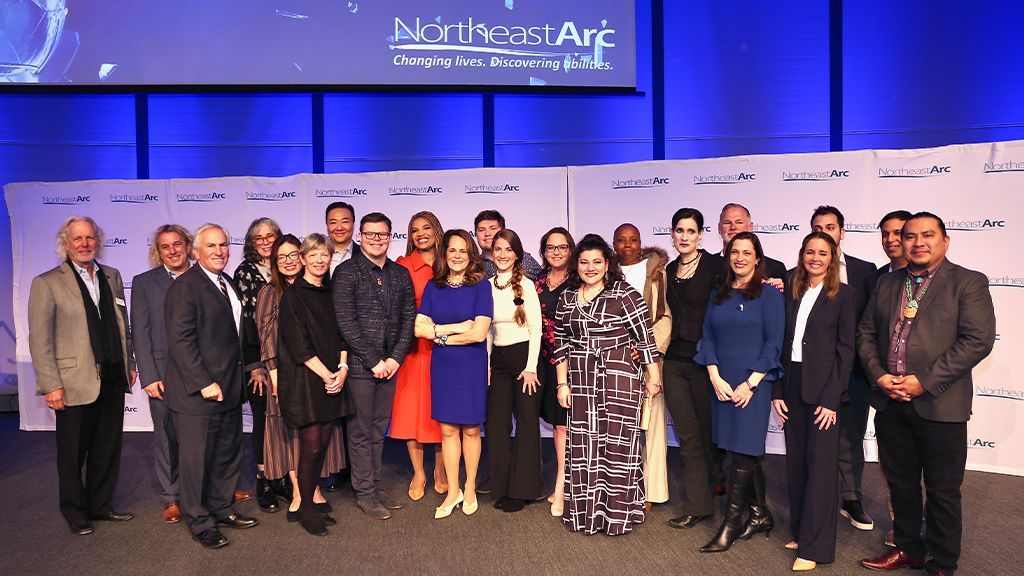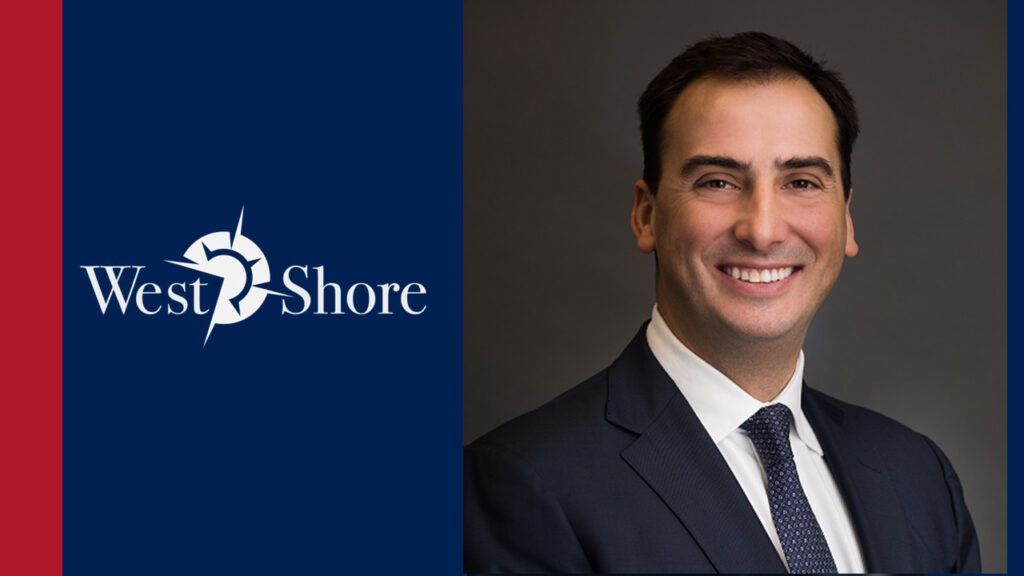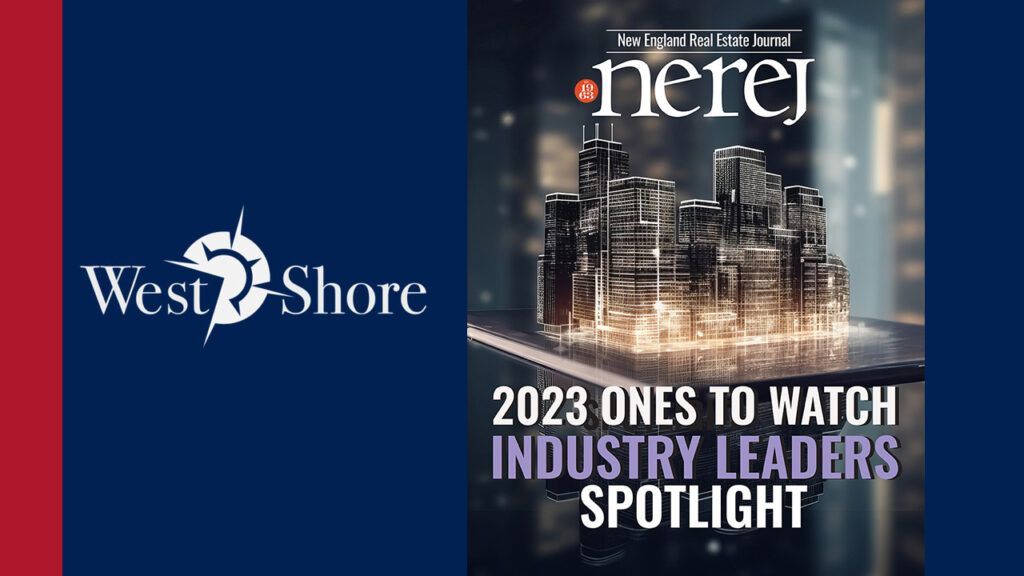Diversity, equity, and inclusion must include people with disabilities
April 17, 2023 – West Shore Chairman Steven P. Rosenthal is in the news discussing why diversity, equity, and inclusion must include people with disabilities – read more in The Boston Globe :
Diversity, equity, and inclusion are now part of our language, and for good reason. To have a truly inclusive and equal society, all voices need to be heard. But as inclusion has become a national conversation across identities, people with physical or intellectual disabilities are often forgotten.
While much has improved through the efforts of self advocates, their families, allies, legislation, and funding, there is not enough recognition that people with disabilities need to be part of every DEI conversation — from boardrooms to back rooms and everywhere in between. People with disabilities make up 20 percent of the US population and should be included in the workforce.
There is a gap between what businesses and the public sector perceive they’re doing to be inclusive and what they are actually doing.
Many companies think they’re being intentional about hiring people with disabilities. In some places, the DEI acronym has been extended to DEIA — the A standing for accessibility — in an attempt to include disability. Yet studies show that people with disabilities are often overlooked. While 90 percent of companies said they have diversity initiatives, only 4 percent included disability in their diversity programs.
This culture must change.
It takes more than simply adding an initial to an acronym to make sure the disabled community is included.
To be truly successful, companies need to implement strategies, and they can get insight from the National Organization on Disability’s Tracker.
For starters, it means creating a workplace culture that embraces disability so that, at every level, staff are open to talking about their disabilities. Education and training that includes how to talk to people with disabilities needs to take place. Employees should be surveyed to determine their attitudes about those with disabilities so that employers have a baseline from which to work. That way companies can design yearly disability trainings. The trainings should be mandatory and available in accessible formats and in a variety of languages.
Companies and company leaders should implement annual tracking to measure success. It’s imperative to track turnover as well so that companies can assess whether they’re meeting their goals. And company leaders themselves should represent disability.
Companies need to revamp recruiting processes so that they’re partnering with disability organizations. Not everyone is good at interviewing, and that can be especially true for people with disabilities. But there are other ways to measure competency in addition to interview skills. For example, they could invite the candidate to shadow an employee who is doing that same job. For people with disabilities, references may be a better source of evaluation.
Once companies hire people with disabilities, there must be mentoring programs for them. Ensuring there is intention in including people with disabilities results in all employees feeling like they are both valued and promotable, both of which are critical for retention.
It’s not only the private sector that has to step up. The public sector needs to do better too. In Massachusetts, the advocacy community will attempt, again, to work with our partners in the Legislature to pass a bill requiring any company issued a state contract for services, including janitorial, landscaping, food services, etc., to have a minimum of 2 percent of employees with disabilities. It’s a start.
It has been proven that companies that attract and retain workers with disabilities have more success with their customer-facing interactions, morale, and financial performance. People with disabilities add to the bottom line.
As companies set about to ensure the voices of other identities are heard, the same must be done for people with disabilities.
Jo Ann Simons is president and CEO of Northeast Arc, a disability services and support organization. Steven P. Rosenthal is chairman of West Shore and a member of North Shore Arc’s Advisory Board.
Original Article: The Boston Globe










